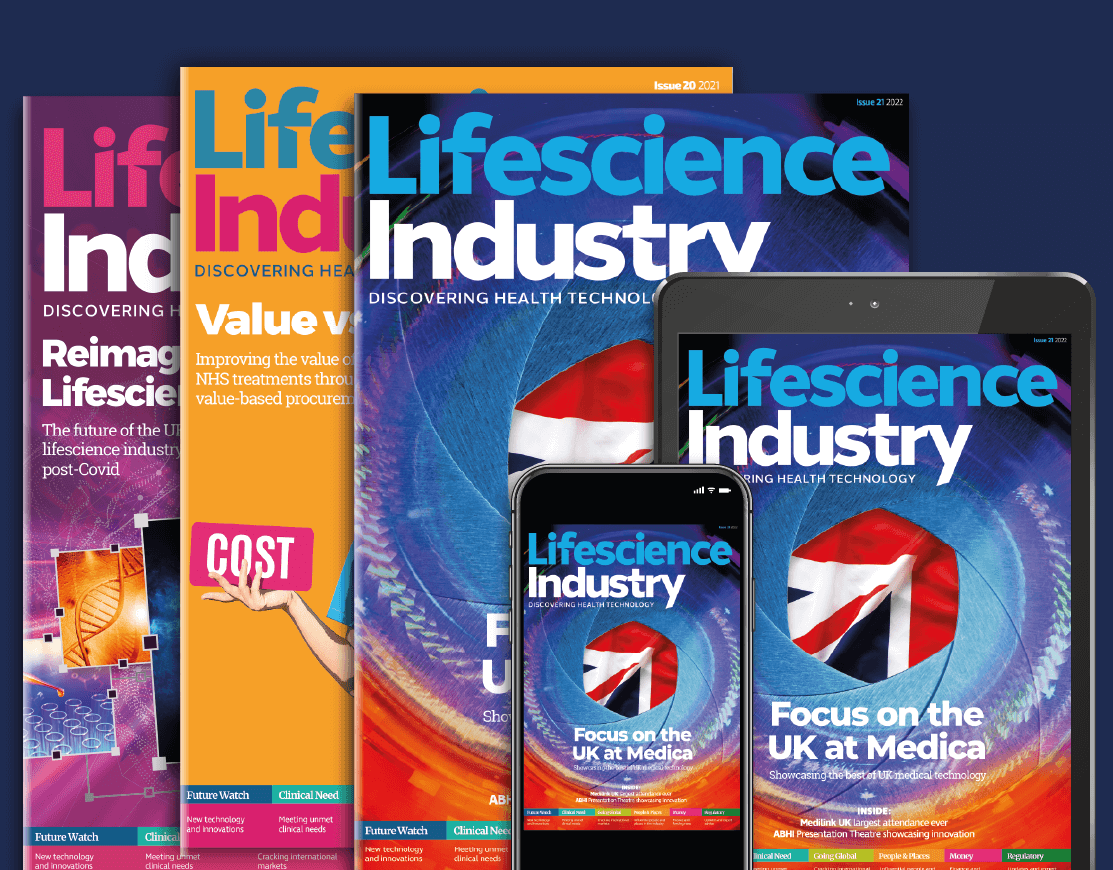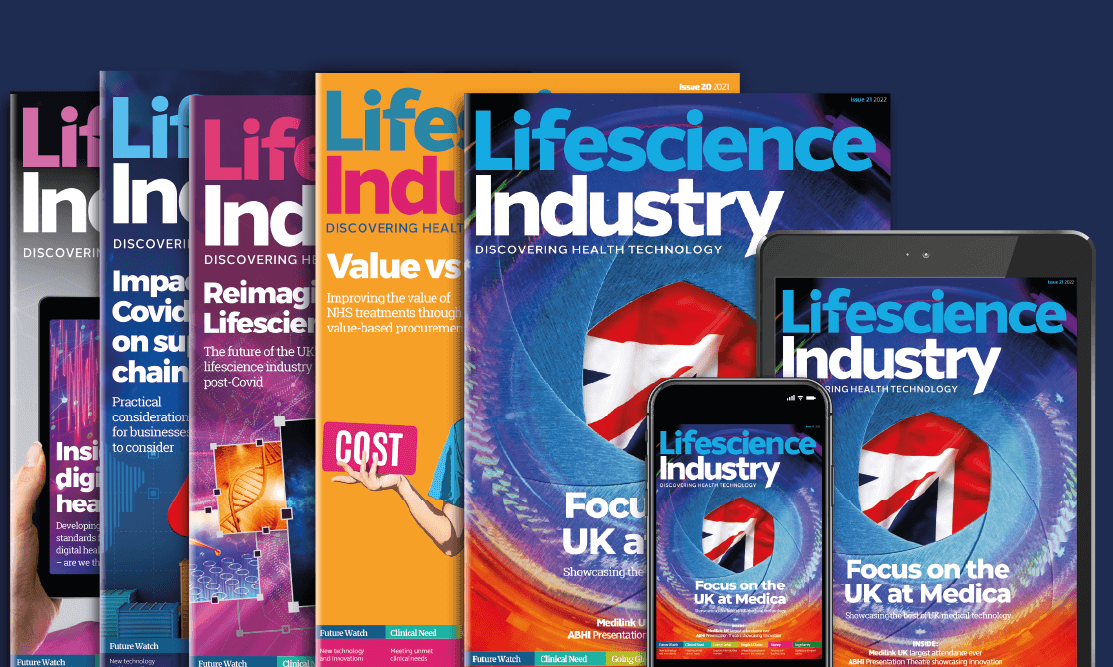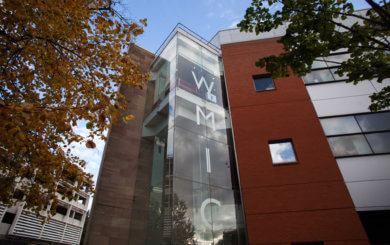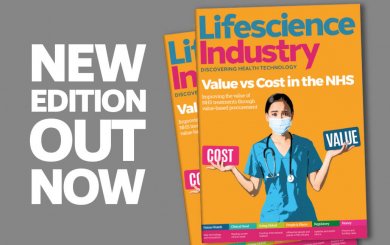
By Paul Clewlow
The UK CRO sector is booming due to the ongoing trend of major pharmaceutical and biotech companies outsourcing many aspects of drug discovery and development. Given the increasing complexity across the life-cycle of drugs and the sustained pricing pressure from governments and healthcare providers, outsourcing to CROs will only increase, particularly as they continue to develop greater expertise and efficiency. As the UK CRO sector is very vibrant, it has spawned considerable mergers and acquisitions (M&A), consolidation and investment activity in recent years. To stay ahead of the competition, UK CROs offer high quality services and there is a drive to expand the range of integrated service offerings on offer within some CROs, or to collaborate with other CROs via R&D networks to try to offer a virtual integrated service to clients. This has resulted in UK CROs increasingly winning projects versus cheaper overseas competition. The long-term business relationships which result are good for the CRO, the client and ultimately patients.
M&A Activity
UK CROs continue to be attractive investment opportunities for M&A targets for larger, global CROs, private equity firms and venture capital companies. Despite recent consolidation amongst large CROs, such as the formation of IQVIA in 2016 by the merger of Quintiles and IMS Health, Inc., the CRO market is still very fragmented. Therefore, small- and mid-sized UK-based CROs have been undertaking strategic M&A activities to further develop their service offerings and increase their scale. These types of CRO have been flourishing because they offer a quality service, have in-house therapeutic area expertise, and there is a strong business case for outsourcing specific elements of drug discovery and development by partnering with dedicated, specialist CROs. In response to intense competition within the CRO sector and the need to offer a comprehensive portfolio of integrated service offerings, the industry is undergoing significant consolidation via M&A. This is for a number of reasons, including the desire to expand market share by offering a more comprehensive range of services, the removal of a troublesome competitor from the sector and bringing in-house technologies or expertise that was previously lacking. Examples of recent M&As include the purchase of Cyprotex by Evotec in December 2016 and the acquisition of Arcinova by Quotient Sciences in January 2021.
Private Equity Investments
In recent times, there has been a significant increase in private equity (PE) investment in companies operating in the UK CRO sector. This interest stems from high and sustained business growth versus other industries, good profitability and forward visibility of the sales pipeline, ethical business models, and the opportunity to work with and guide senior management in mutually beneficial strategic corporate and business development activities. Recent examples of PE investments in small- and mid-sized UK-based drug discovery CROs are Synova’s investment in Charnwood Molecular in January 2020 and Phoenix Equity Capital’s investment in Sygnature Discovery in September 2017. This investment has enabled Sygnature to embark upon a number of strategic acquisitions designed to expand and enhance its integrated service offering. These include RenaSci in September 2018, Alderley Oncology in June 2020 and XenoGesis in September 2020.
In the clinical research space, CBPE Capital purchased a majority stake in Simbec-Orion in February 2019, with the intention of expanding the company’s reach both geographically and across its business units. In 2015, CRO giant Covance was acquired by LabCorp, a leading life science company, further consolidating it as one of the largest CROs in the pharmaceutical industry. In 2017, the conglomerate acquired Chiltern International. Chiltern has recently been renamed as Covance Clinical Biotech.
Conclusion
UK CROs form an essential component of the drug discovery and development process – from target identification to marketed product. Organisations around the world, large and small, are now heavily reliant on these CROs’ drug discovery and development know-how and experience to drive new and novel pharmaceuticals from the lab bench, through the clinic and onto the market to treat patients with severe and debilitating disease where there is still considerable unmet medical need. As the commercial pressure builds on big pharma and biotech to accelerate their drug R&D processes, it is likely that the reliance on UK CROs will increase as they are trusted and experienced partners with a track record of success. So, despite the challenges brought by COVID-19 and Brexit, the future looks bright for the UK CRO industry.
About the Author
Paul Clewlow is an experienced C-level executive and non-executive Board level operator with a 30-year track record of success within the CRO sector of the pharmaceutical industry and the oil industry. He has occupied senior roles at leading drug discovery CROs such as Sygnature Discovery and Argenta Discovery (now part of Charles River Laboratories), and clinical CROs such as Pharmaceutical Profiles (now Quotient Sciences) and Medeval (now part of Icon Development Solutions). Paul has a PhD in synthetic organic chemistry (University of Wales) and undertook post-doctoral research at Arizona State University (Tempe, AZ, USA) and the ETH Zürich (CH). Paul Clewlow is also an Advisory Board Member at BioPartner UK where several member companies are CROs including Arcinova, Sygnature Discovery, and Xenogesis mentioned in this article.
News & Analysis







